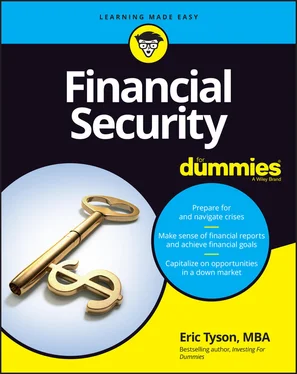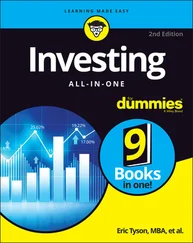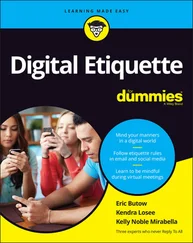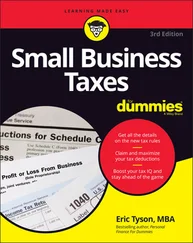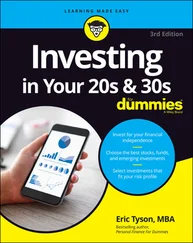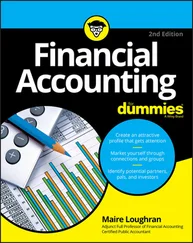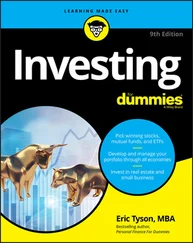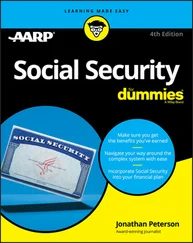In Chapter 2, I discuss bigger-picture crises that happen in the overall economy or country. Unfortunately, those don’t represent the totality of problematic events that can upset our lives. Personal crises happen too, and that’s the important subject of this chapter.
Some of life’s crises come unexpectedly, like earthquakes. Others you can see coming when they’re still far off, as sometimes happens with a serious illness or a big storm moving in off the horizon. Whether a life change is predictable or not, your ability to navigate successfully through its challenges and adjust to new circumstances depends largely on your degree of preparedness.
To those who have stored no emergency rations in their basement, the big storm with high winds, downed trees, and associated power outages during a hot spell that traps you in your home can lead to problems. But to the prepared person with plenty of food and water (and a good generator), that same storm may mean a break from work and some unexpected downtime.
When a Crisis Comes Calling
In my work as a personal financial counselor and now over many years interacting with many readers, I’ve heard and seen a lot. I can tell you with great confidence that you can get through a crisis and come out on the other side even more confident and strong with proper preparation.
In this section, I discuss some common personal crises that you should be prepared to deal with. For each, I highlight keys to your personal and financial resilience.
Losing your job or a significant source of income
During your adult life, you’ll almost surely change jobs, perhaps even several times a decade. I hope that most of the time you’ll be changing by your own choice. But let’s face it: Job security is not what it used to be. Downsizing has impacted even the most talented workers, and more industries are subjected to global competition.
In Chapter 2, I cover many economy-wide problems that lead to more widespread job losses. The government-mandated economic shutdowns in 2020 due to the COVID-19 pandemic is a recent example. Prior to that, millions of folks lost their jobs during the 2008 financial crises.
But even when the economy overall is doing really well, as it was for example in 2019 and into early 2020 when the unemployment rate fell to a 50-year low, more than 200,000 people each week in the United States were filing their initial claims for unemployment benefits. So, bad things can happen to good people even during good economic times.
Here then are my suggestions for dealing with the inevitable loss of your job someday or perhaps an unexpected reduction in income:
Always be prepared to lose your job. As the Boy/Girl Scout motto says, be prepared! Unless you’re incredibly fortunate or lucky or both, you will someday unexpectedly lose your job and/or face a significant reduction in your employment income. No matter how happy you are in your current job, knowing that your world won’t fall apart if you’re not working tomorrow can give you an added sense of security and encourage openness to possibility. All companies and organizations go through tough times and layoffs are always a possibility. You may believe you’re irreplaceable, but unfortunately, the senior manager making job cut decisions doesn’t think the way you do. You may indeed be highly valuable and even underpaid, but let’s face it, bad things happen to good people because the people making decisions in organizations sometimes don’t know what they’re doing or make bad or politically motivated decisions.
Structure your finances to afford an income dip. Probably the area where I’ve seen more people get into trouble during the good times is to overspend on their housing expense. If you’re really stretched buying a home with all the associated expenses, consider what you would do and how challenged you might be on a reduced income. Now, if you lose your job and are out of work, you can generally collect unemployment benefits, but in most states and areas, those benefits typically replace a modest portion of your prior employment income. The pumped-up and inflated benefits paid during the job losses of the COVID-19 pandemic are certainly not the norm.
If you lose your job, batten down the hatches. You normally get little advance warning when you lose your job through no choice of your own. It doesn’t mean, however, that you can’t do anything financially. Evaluating and slashing your current level of spending may be necessary. Everything should be fair game, from how much you spend on housing to how often you eat out to where you do your grocery shopping. Avoid at all costs the temptation to maintain your level of spending by accumulating consumer debt. See Chapter 9for more info.
Arrange to continue insurance coverage. Most importantly, that can include insurance coverages such as health insurance and possibly disability insurance and life insurance. Replacing these on your own will cost money, of course, but going without them will expose you to potentially catastrophic financial risks. Please see Chapter 11for more details.
Evaluate the total financial picture when relocating. Sometimes when folks lose their job, they may find better opportunities out of the area that either require a move or, if a remote position, may allow you to live any number of places. Don’t call the moving company or pick your new home until you understand the financial consequences of the different options. In addition to evaluating the salary and benefits of a given job, you also need to compare the cost of living of given locations. You’ll want to pay attention to housing costs, commuting, state income and property taxes, food, utilities, and all the other major expenditure categories that I discuss in Chapter 9. Check online for cost-of-living information and calculators such as BestPlaces.net .
LOOKING AT LOWER TAXES OWED
When your employment income drops, the one silver lining is that your federal and state income tax owed for the year will be lower. You may actually have effectively overpaid those taxes earlier in the year when you had your full employment income and income taxes were withheld and paid on your behalf presuming you would be employed for the whole year at your full employment income.
UNDERSTANDING THE RISKS OF SMALL BUSINESS
This chapter focuses on personal crises and challenges, so you may be perplexed over why I would be talking here about starting or running your own small business, which many people aspire to do. The reason is quite simple — running a small business has many challenges, both personally and financially. And while I’m an optimistic person, I’m also realistic and know from years of observations that minor small-business problems can mushroom into big problems in short order.
Here are some tips to help get you started and increase your chances for long-term success and minimize the chances for big problems:
Prepare to ditch your job. To maximize your ability to save money, live as Spartan a lifestyle as you can while you’re employed; you’ll develop thrifty habits that’ll help you weather the reduced income and increased expenditure period that comes with most small-business start-ups. You may also want to consider easing into your small business by working at it part-time in the beginning, with or without cutting back on your normal job.
Develop a business plan. If you research and think through your business idea, not only will you reduce the likelihood of your business’s failing and increase its success if it thrives, but you’ll also feel more comfortable taking the entrepreneurial plunge. A good business plan describes in detail the business idea, the marketplace you’ll compete in, your marketing plans, and expected revenue and expenses. Small Business Development Centers ( http://AmericasSBDC.org ), are located in each state with branches statewide to assist with business plans and multiple aspects of small business. They offer great services that are underutilized. And most have highly educated and trained staff. You've already paid for most of their services with your tax dollars. Business plan assistance, marketing, and social media training are offered at no fee. Seminars such as QuickBooks training are the most reasonably priced around.
Читать дальше
